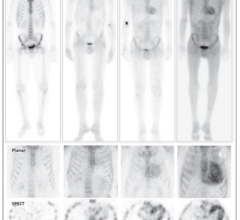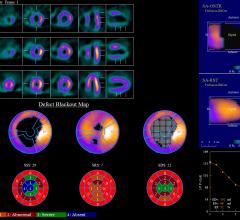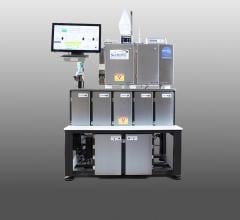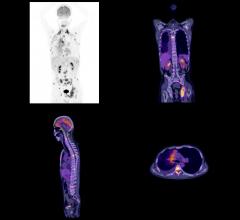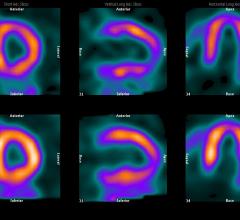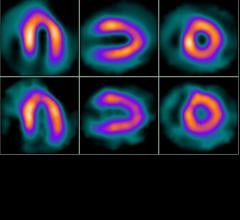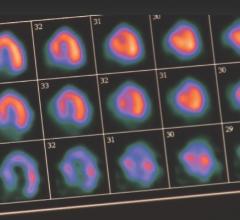December 26 , 2012 — Congress last week affirmed its dedication to securing a sustainable, domestic supply of molybdenum-99 (Mo-99) as it passed the American Medical Isotope Production Act of 2011 (S.99). The bill, sponsored Sen. Jeff Bingaman (D-N.M.), chair of the Senate Committee on Energy and Natural Resources, and Sen. Lisa Murkowski (R-Ark), was passed out of the Senate by Unanimous Consent and referred to the House Subcommittee on Energy and Environment. S.99 was included in the Conference Agreement for the National Defense Authorization Act for fiscal year 2013. The president is expected to sign the final legislation.
The bill will establish a technology-neutral program to support the production of Mo-99 for medical uses in the United States by non-federal entities. It also calls for the United States to phase out the export of highly enriched uranium for the production of medical isotopes over a period of seven years.
“Sens. Bingaman and Murkowski have shown unwavering commitment to ensuring a stable isotope supply for the United States,” said Frederic H. Fahey, DSc, president of the Society of Nuclear Medicine and Molecular Imaging (SNMMI). “In order for our patients to receive the best medical care, it’s essential that a reliable supply of Mo-99 be available in the United States. We greatly appreciate their efforts in seeing this bill come to fruition.” Also instrumental in moving the legislation forward were Energy and Commerce Chair Fred Upton (MI-6) and Congressman Ed Markey (MA-7).
Mo-99 is an isotope that decays to technetium-99m (Tc-99m), which is used in more than 16.7 million procedures in the United States each year. Tc-99m is utilized in the detection of heart disease, detection and staging of cancer, detection of thyroid disease, study of brain and kidney function, and imaging of stress fractures.
There are currently only eight foreign producers of Mo-99 approved by the U.S. Food and Drug Administration to import the product into the United States — and there are no domestic facilities exist dedicated to the production of Mo-99 for medical uses. The aging foreign reactors regularly experience significant ongoing maintenance issues — frequently causing these reactors to go off-line. In 2009-2010, the Unites States experienced a shortage of Mo-99 that led to the disruption or delay of nuclear medicine procedures for an estimated 50,000 patients each day.
For more information: www.snmmi.org

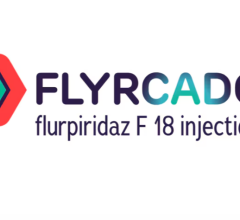
 March 25, 2025
March 25, 2025 


